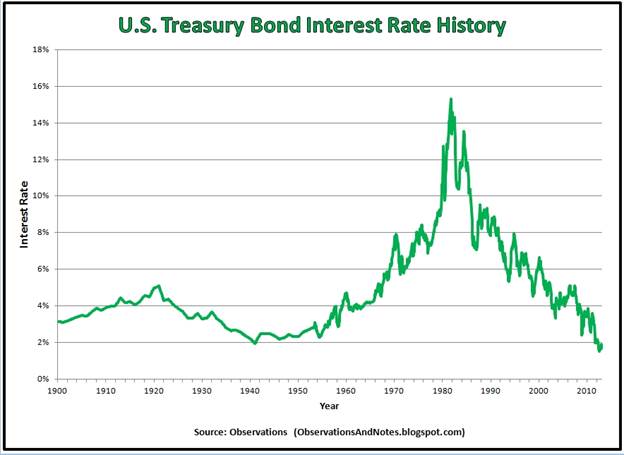As we witnessed the dollar move at lightning speed throughout the last few months, adjusting to global central bank easing and a Federal Reserve that was ready for liftoff, earnings from multinationals had to be dollar-adjusted accordingly. Sarbanes-Oxley and other regulation has made it impossible for Corporate America to do anything but revise downward. Buy why?
If you dig deep, the real concern was the continued strength of the U.S. dollar. Most of the guidance given last earnings period was directly associated with the ancillary effects of a strong dollar. In fact, when talking with purchasing managers, one will find that they had pegged a much stronger dollar for this coming earnings period. They had no choice.
So, what happens when you don't get the strength in the dollar you were expecting? Better quarterly numbers. That equates to an upside surprise for earnings. Lower input costs, no inflation, seasonal strength, growing bearish sentiment and a dollar as a tailwind? The foundation is being set for a melt-up in stocks over the course of the next few months. As far as the rest of the world is concerned, the bottom line is that if the U.S.market is strong and healthy, the rest of the world will be just fine.






